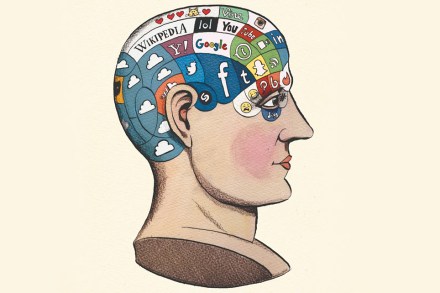The adult ADHD trap
I was on the bus recently and bored when I decided not to ignore but to answer one of those online questionnaires about adult ADHD. It was on Facebook, I think. Question 1) Am I easily distracted? Well, yes. 2) Am I often late? 3) Do I regularly forget appointments? Yes and yes. By the time I had arrived at work I had signed up to something called Impulse brain training. And in a few days I was quite sure that I’d been bravely suffering with undiagnosed ADHD for decades. I was half-caught in the adult ADHD trap, though I didn’t know it yet. Are you always late? Do you



